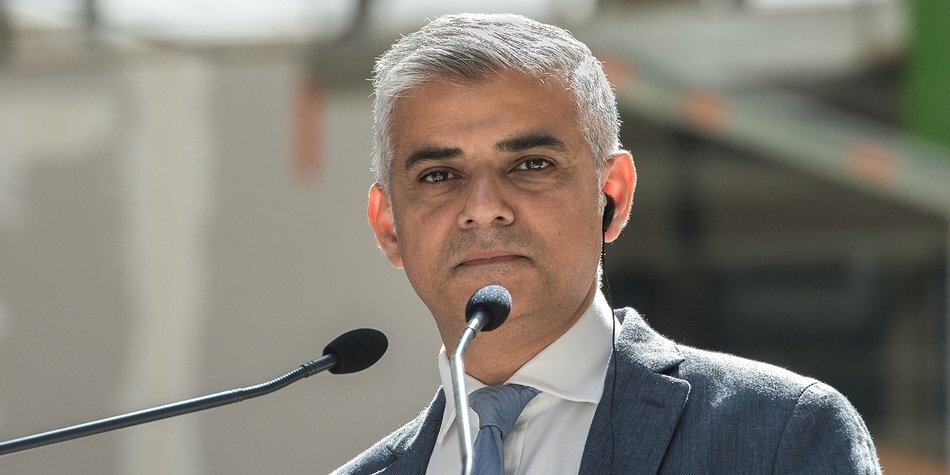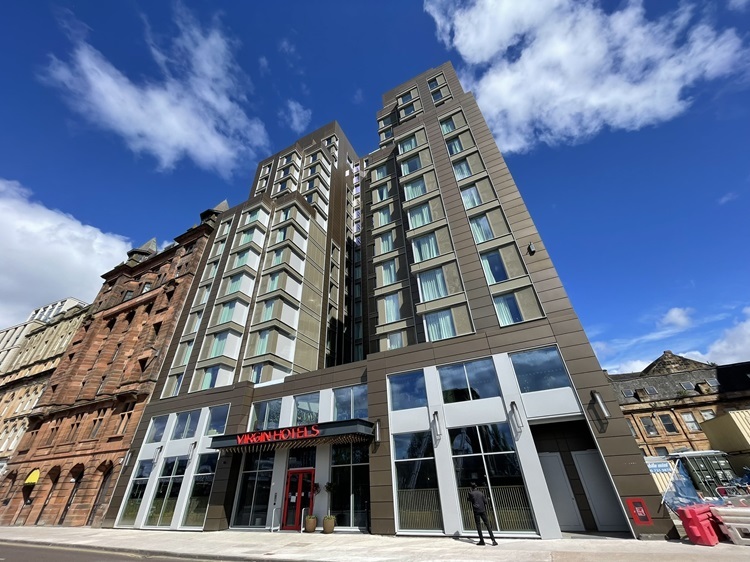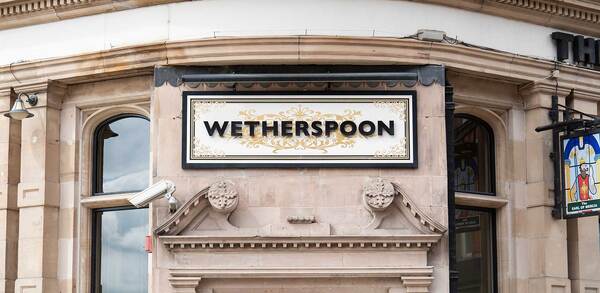Mayor of London pledges to tackle hospitality staff shortage and calls for ‘coronavirus recovery visa’
The mayor of London Sadiq Khan has today pledged to “use all the powers at this disposal” to tackle the major staffing shortages in the hospitality industry that threaten to undermine London’s recovery.
Khan has called on ministers to review the ‘damaging’ changes to visa rules that have affected the sector since last year, while pledging to use his own skills academy programme to train more Londoners with the skills they need to take up jobs in the hospitality sector.
Today the mayor is backing calls from the hospitality industry for a ‘coronavirus recovery visa’ to help bring foreign workers back quickly after lockdown and support economic recovery. This is alongside continuing to lobby ministers for cities such as London to have devolved powers in relation to visas to allow businesses and public services to fill vacancies where they have acute shortages, such as in hospitality.
He has also pledged to support more Londoners to take up careers in hospitality. At today’s London Covid Recovery Board, the mayor will outline his intention to support the hospitality sector as part of his sector skills academies programme. The skills academies will look to support Londoners into good jobs, giving them the relevant skills in sectors key to London’s recovery. This includes providing recruitment and ongoing networking opportunities, and supporting the delivery of high-quality training, advice, mentoring and other support, building partnerships between businesses and those delivering the training.
Pre-pandemic, the hospitality sector employed nearly 3.2 million people UK-wide, with nearly 18% of jobs based in London, providing work for 568,000 Londoners – over 10% of London’s employment. But many pubs, restaurants and other venues have been hit with the double whammy of changes to immigration rules post-Brexit, and many workers deciding to return to their country of origin in Europe as a result of the pandemic.
Before the pandemic, research showed that while 50% of chefs across the UK were born outside the UK, the figure for London was as high as 85%. More than 30% of hospitality workers across the UK are thought to have come from Europe, but that rises to more than half for those employed in London.
Khan said: “Getting our world-leading hospitality industry back on its feet will be vital for London, but also the UK’s economic recovery as we emerge from lockdown. But this simply won’t be possible without the chefs, bar staff and other key roles at the heart of the industry.
“With the double whammy of the pandemic and new visa rules making it harder to recruit workers with the necessary skills, hospitality venues now need our help to make it easier for them to recruit the staff they need, both from here in the UK and overseas.
“That’s why I’m urging ministers to review their damaging changes to visa rules and give cities like London the devolved powers to fill vacancies in sectors where there are such acute shortages. It’s something that would directly boost our economic recovery when we need it most.
“But I’m also going further than that. In the longer term I want more Londoners trained up in the skills they need to be leading figures in our hospitality industry. Through my skills academies programme I will be supporting more Londoners to get the training and skills they need to have successful careers in the industry.”
Kate Nicholls, chief executive of UKHospitality, added: “Staff shortages are hugely challenging for many businesses at this time and risk threatening their recovery from the pandemic, so it’s very welcome that the mayor is championing hospitality as a career of choice. Hospitality offers many young people their first step into the world of work and a range of diverse careers within a truly dynamic and diverse sector. Training up more Londoners with the skills they need to take up jobs in hospitality will be crucial to maintaining our status as a world-class sector.
“The proposal for an Australian-style recovery visa for hospitality would also help to bring back foreign workers quickly as restrictions ease and enable us to play our part in powering the economic recovery. This would mean businesses can deliver a well-deserved summer of fun in the capital – and crucially give access to a valuable pool of people to fill vacancies.”




















